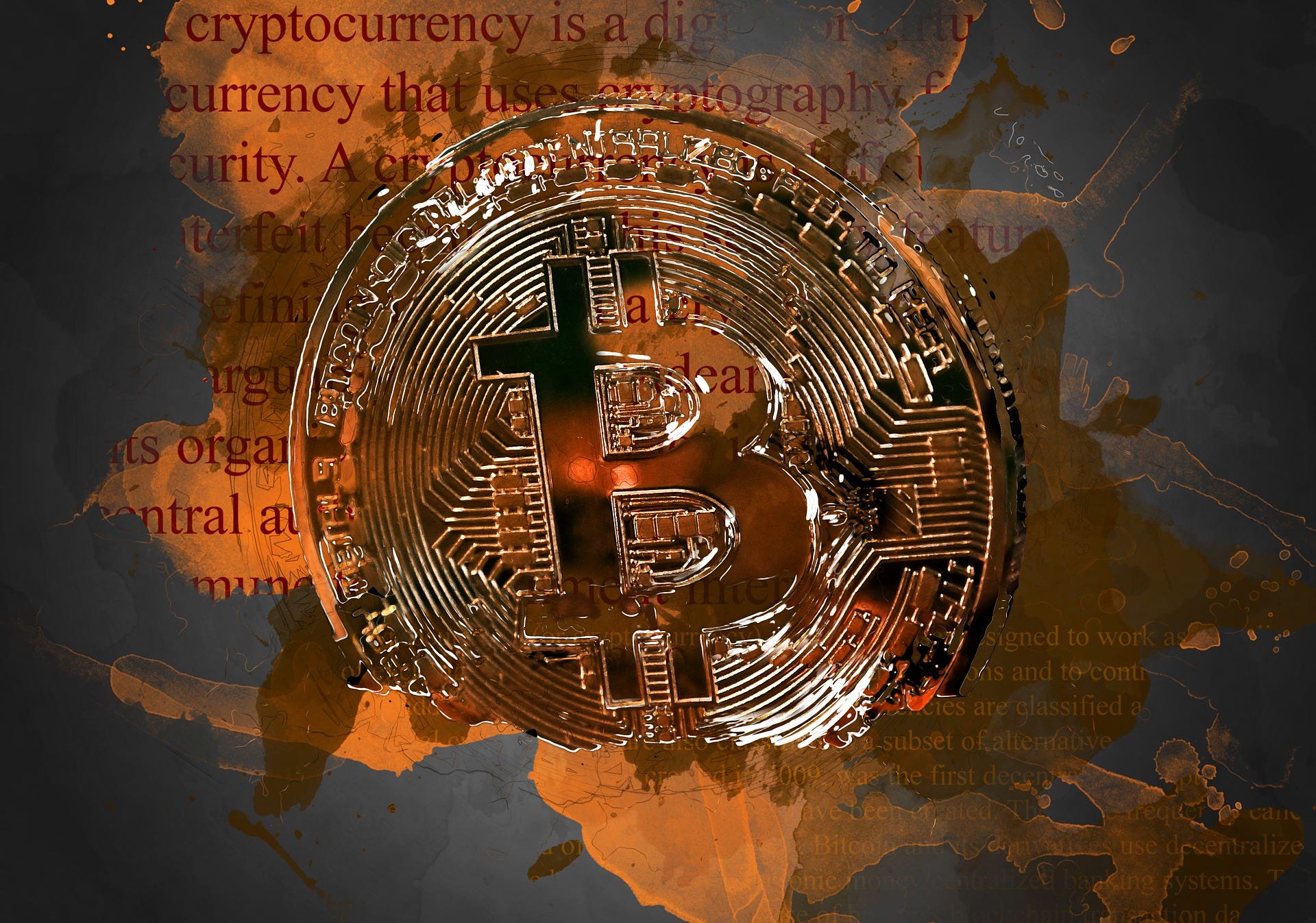PALO ALTO, Calif. (Reuters) - The Federal Reserve is taking a look at a broad variety of problems around digital payments and currencies, consisting of policy, style and legal considerations around possibly releasing its own digital currency, Governor Lael Brainard said on Wednesday. Brainard's remarks suggest more openness to the possibility of a Fed-issued digital coin than in the past." By transforming payments, digitalization has the prospective to deliver greater worth and benefit at lower cost," Brainard said at a conference on payments at the Stanford Graduate School of Company.
Reserve banks worldwide are disputing how to handle digital financing technology and the distributed ledger systems utilized by bitcoin, which promises near-instantaneous payment at possibly low cost. The Fed is establishing its own day-and-night real-time payments and settlement service and is presently reviewing 200 remark letters sent late in Click here for info 2015 about the proposed service's style and scope, Brainard said.

Less than two years ago Extra resources Brainard told a conference in San Francisco that there is "no compelling demonstrated requirement" for such a coin. However that was prior to the scope of Facebook's digital currency ambitions were extensively understood. Fed authorities, including Brainard, have actually raised concerns about customer protections and data and privacy threats that could be positioned by a currency that could enter use by the 3rd of the world's population that have Facebook accounts.
" We are teaming up with other reserve banks as we advance our understanding of main bank digital currencies," she said. With more nations looking into providing their own digital currencies, Brainard said, that adds to "a set of reasons to also be making certain that we are that frontier of both research study and policy development." In the United States, Brainard said, concerns that need study consist of whether a digital currency would make the payments system much safer or simpler, and whether it could posture monetary stability risks, including the possibility of bank runs if cash can be turned "with a single swipe" into the reserve bank's digital currency.
To counter the financial damage from America's unmatched nationwide lockdown, the Federal Reserve has actually taken extraordinary steps, including flooding the economy with dollars and investing https://s3.us-west-1.amazonaws.com/brownstoneresearch3/index.html straight in the economy. Many of these moves got grudging acceptance even from lots of Fed doubters, as they saw this stimulus as required and something only the Fed might do.
My new CEI report, "Government-Run Payment Systems Are Unsafe at Any Speed: The Case Versus Fedcoin and FedNow," information the risks of the Fed's existing prepare for its FedNow real-time payment system, and proposals for main bank-issued cryptocurrency that have been called Fedcoin or the "digital dollar." In my report, I go over issues about personal privacy, information security, currency manipulation, and crowding out private-sector competition and development.
Supporters of FedNow and Fedcoin state the government needs to develop a system for payments to deposit instantly, rather than motivate such systems in the economic sector by raising regulatory barriers. But as kept in mind in the paper, the economic sector is supplying a seemingly endless supply of payment innovations and digital currencies to solve the problemto the level it is a problemof the time gap in between when a payment is sent out and when it is received in a bank account.
And the examples of private-sector innovation in this area are many. The Cleaning House, a bank-held cooperative that has actually https://s3.us-west-2.amazonaws.com been routing interbank payments in various types Additional resources for more than 150 years, has been clearing real-time payments given that 2017. By the end of 2018 it was covering 50 percent of the deposit base in the U.S.